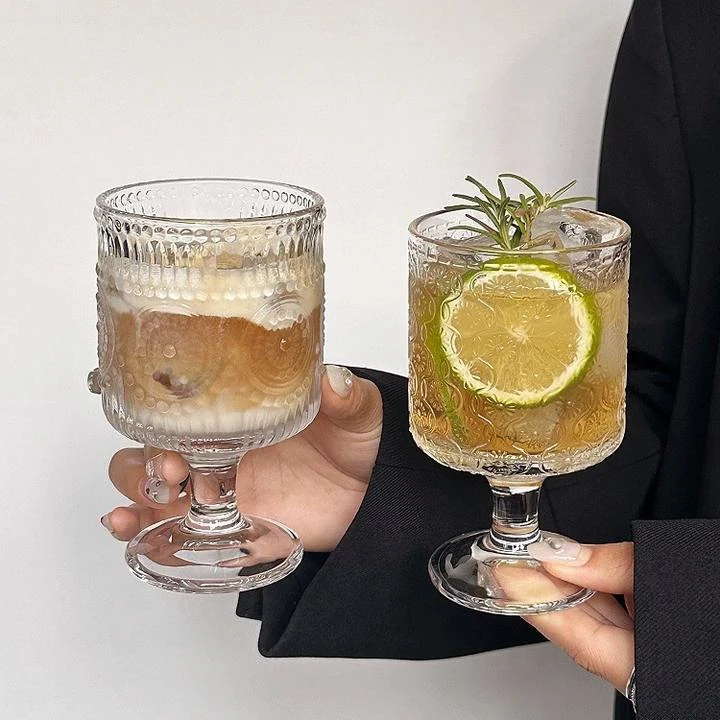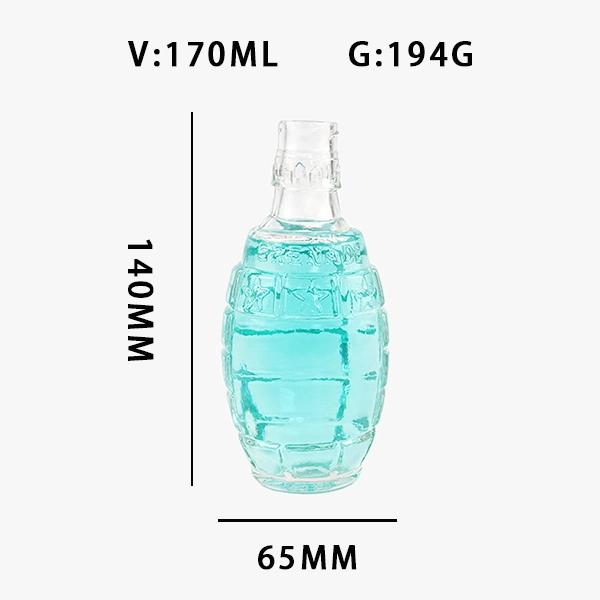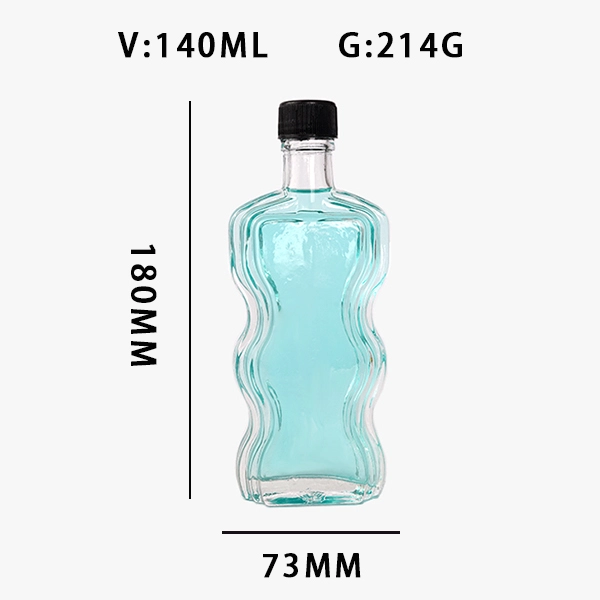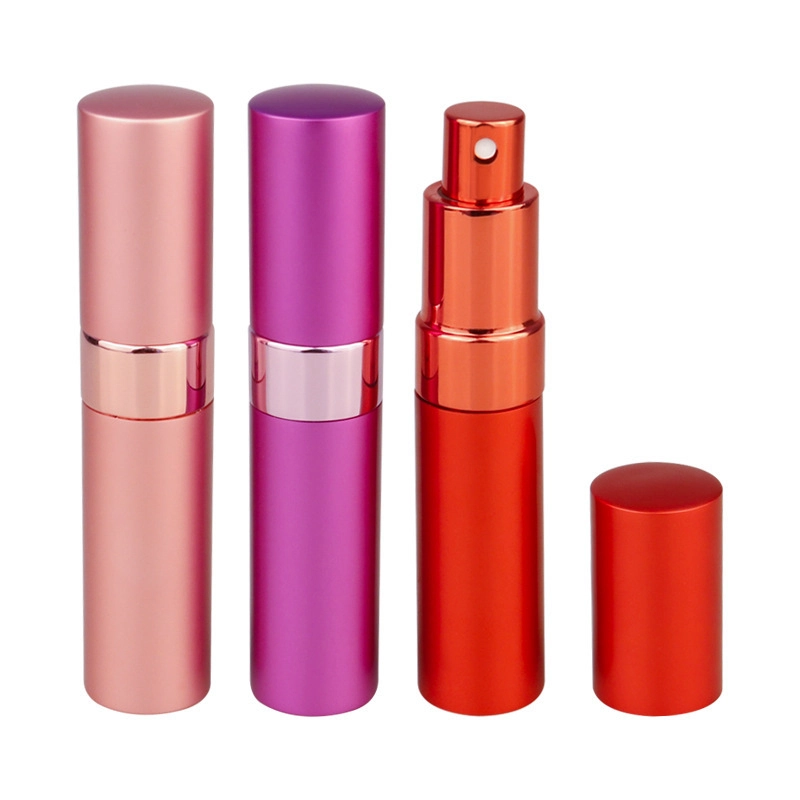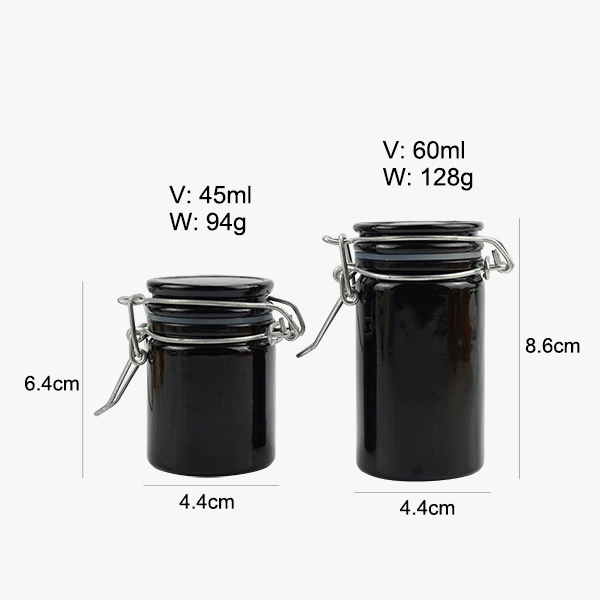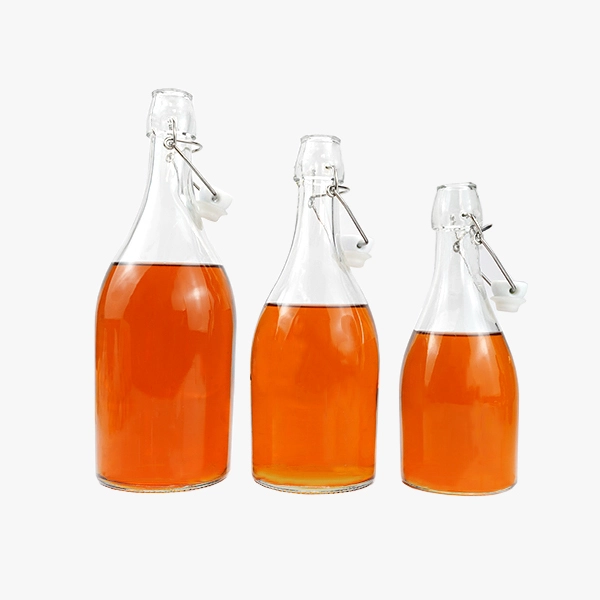
Part 1: Market Size and Growth
Syria once had a modest glass manufacturing base, but years of conflict have reduced industrial capacity. Most glass bottles are currently imported from Lebanon, Turkey, and other regional suppliers. However, there is still domestic production through state-owned factories and private workshops.
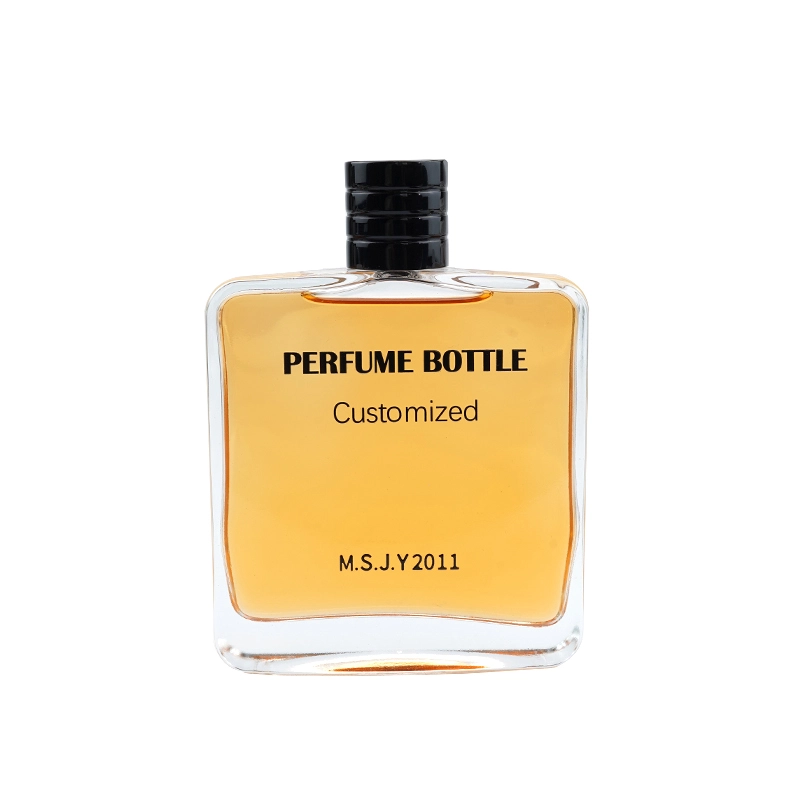
The main demand for glass bottles comes from food and beverage industries, especially olive oil, soft drinks, and spirits. Traditional Syrian products such as olive oil and flavored syrups often rely on glass packaging for quality preservation. Despite economic challenges, consumer preference for reusable bottles keeps demand stable.
With reconstruction and gradual recovery, opportunities exist for new investment in sustainable packaging. Local recycling efforts and partnerships with regional suppliers are slowly shaping the industry’s future.
Part 2: Leading Companies
Syrian Company for Glass Industry (Damascus)
The Syrian Company for Glass Industry is one of the country’s oldest state-run glass factories. Based near Damascus, it produces bottles and jars for beverages, olive oil, and condiments.
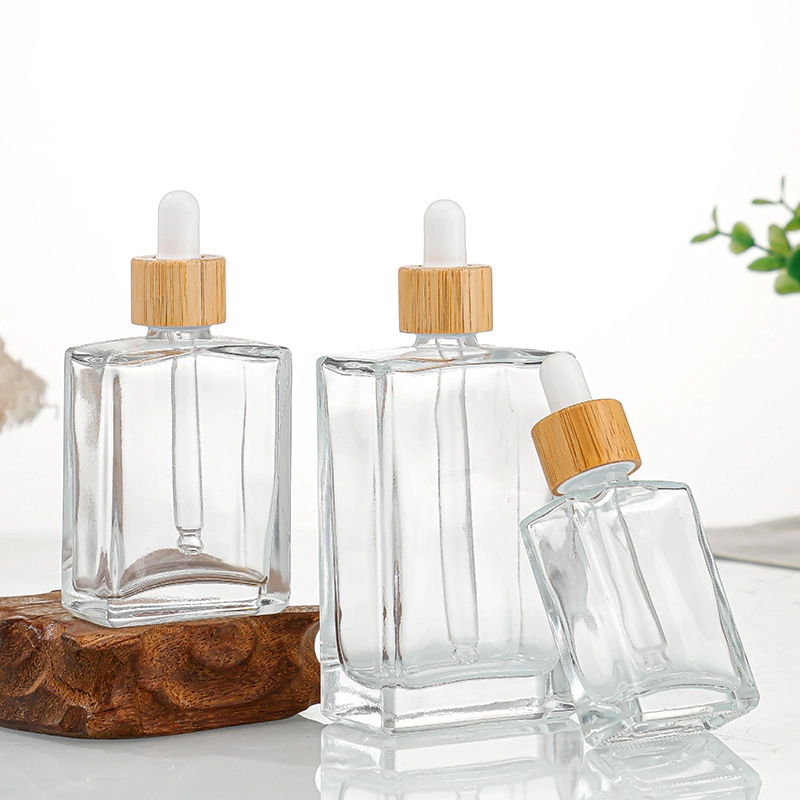
Its core products include olive oil bottles, water bottles, and jars. Industries served are food, beverages, and cosmetics. The company has focused on reusing cullet (recycled glass) to cut costs. It holds national certifications for food safety packaging.
Tartous Glass Factory
The Tartous Glass Factory serves local food producers, particularly in Syria’s olive oil-rich coastal region.
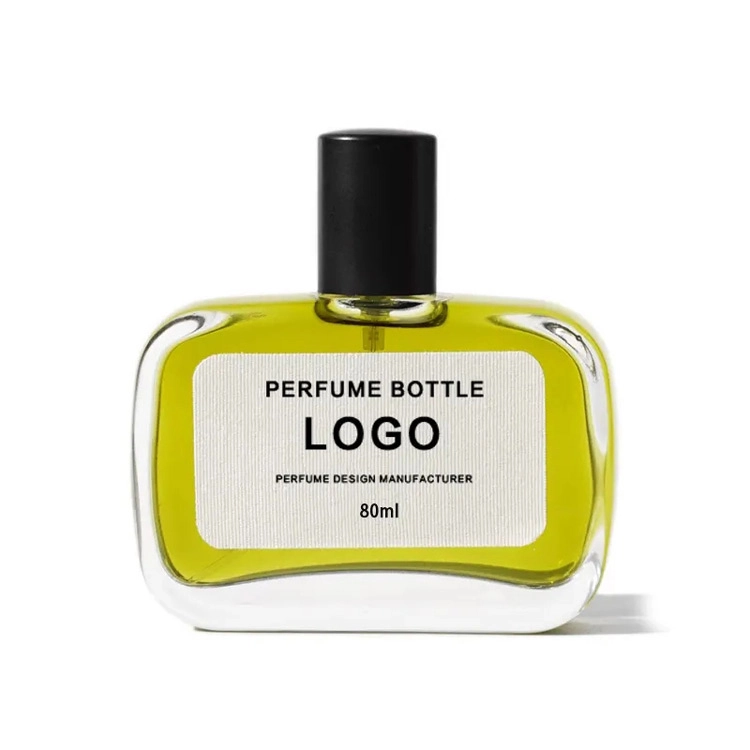
Its bottles are mainly for olive oil, wine, and juices. Industries served include agriculture, beverages, and artisanal food. Innovation comes from customization for small-scale producers. The factory has been recognized locally for supporting rural industries.
Aleppo Imports & Packaging
Aleppo remains an important trading hub despite challenges, with distributors importing bottles from Turkey and Lebanon.
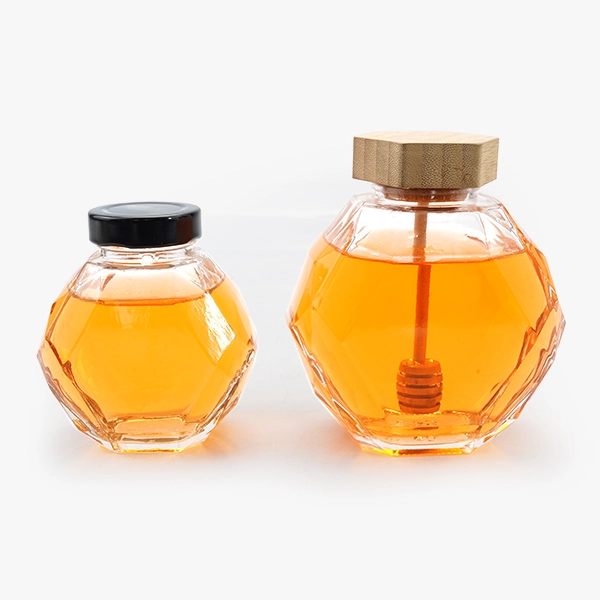
These distributors supply bottles for cosmetics, spirits, and gourmet food packaging. They offer flexibility for small businesses that cannot afford large-scale imports. Certifications depend on international supplier compliance.
| Company | Founded | Core Products | Industries | Certifications |
|---|---|---|---|---|
| Syrian Company for Glass Industry | Mid-20th century | Olive oil & beverage bottles | Food, beverages, cosmetics | National packaging standards |
| Tartous Glass Factory | 2000s | Olive oil & juice bottles | Agriculture, beverages | Local industry recognition |
| Aleppo Imports & Packaging | 2010s | Imported bottles | Cosmetics, spirits, food | Supplier certifications |
Part 3: Trade Shows and Industry Events
Damascus International Fair
The Damascus International Fair is Syria’s largest trade event, showcasing food, beverages, and packaging industries. Glass bottle producers and distributors participate to connect with local manufacturers.
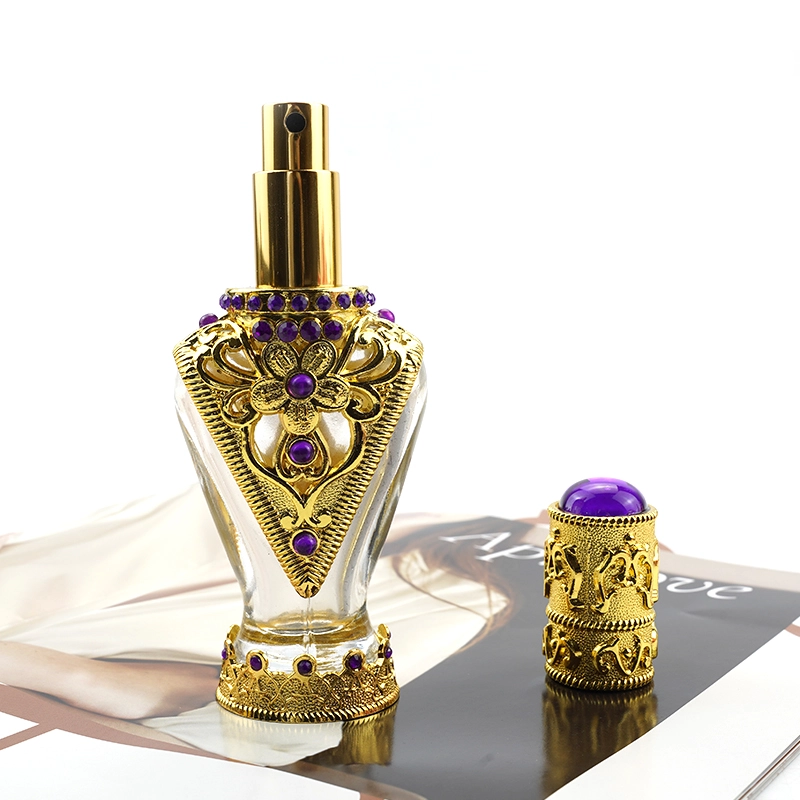
Highlights include packaging innovation, trade networking, and promotion of Syrian-made products.
Beirut International Packaging Fair
Although held in Lebanon, Syrian companies often attend to source bottles and packaging technology.
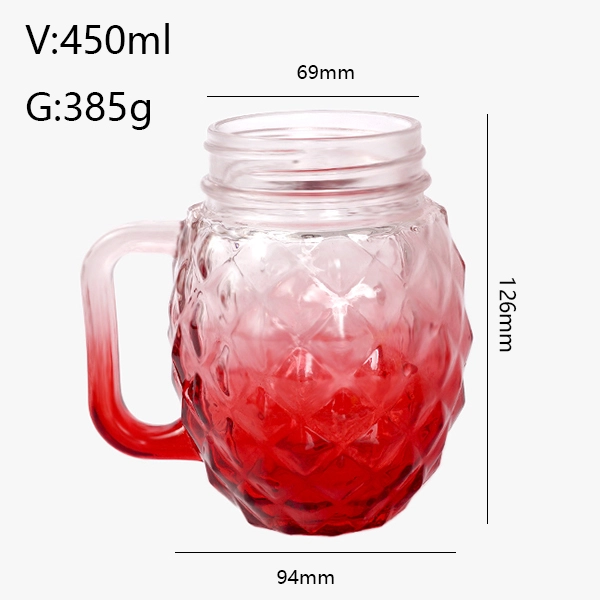
The fair highlights sustainable packaging, glass bottle design, and regional supply partnerships. Syrian importers use it to secure contracts with Lebanese and European suppliers.
| Event | Date | Location | Highlights |
|---|---|---|---|
| Damascus International Fair | Annual | Damascus, Syria | Packaging innovation, trade partnerships |
| Beirut International Packaging Fair | Annual | Beirut, Lebanon | Glass bottles, sustainable packaging |
Part 4: Impact of Global Trade Policies
Syria’s packaging industry is heavily influenced by sanctions and trade restrictions. Access to modern machinery and international suppliers is limited, which constrains production capacity.
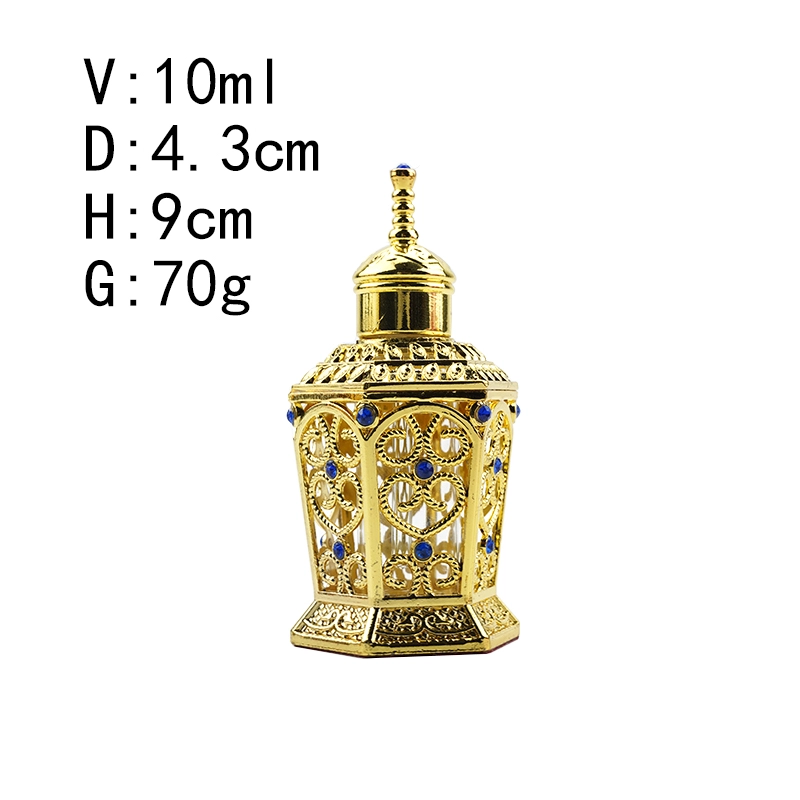
Regional partnerships with Lebanon, Turkey, and Iran remain essential for imports. Sanctions also drive reliance on recycling and reusing bottles, especially in the beverage sector. Global sustainability regulations indirectly shape demand, as exporters must meet international packaging standards.
Trade limitations make it difficult for Syria to modernize its glass sector, but local resilience and regional trade links help keep supply available.
Part 5: Conclusion
Syria’s glass bottle sector is constrained but functional, supported by a mix of local factories and imports. Companies like the Syrian Company for Glass Industry and Tartous Glass Factory serve domestic needs, while Aleppo distributors connect businesses to foreign suppliers. Olive oil, beverages, and cosmetics remain the primary demand drivers.
Challenges include sanctions, outdated equipment, and reliance on imports. Yet opportunities lie in recycling, regional partnerships, and future reconstruction. If stability improves, Syria could gradually rebuild its glass packaging sector and reduce its dependence on imports.
Recommended Reading:
- Glass Bottle Manufacturers in Suriname
- Glass Bottle Manufacturers in Sudan
- Glass Bottle Manufacturers in Togo
- Glass Bottle Manufacturers in Timor-Leste
- Glass Bottle Manufacturers in Tajikistan
- Glass Bottle Manufacturers in New Zealand
- Glass Bottle Manufacturers in South Sudan
- Glass Bottle Manufacturers in Somalia
Glass spray bottles 500ml Manufacturers
200ml 290ml Clear Glass Juice Bottle With Plastic lid
64 oz Clear Amber Glass Growler Wholesale
Small Rollerball Perfume Bottles With Aluminum Caps 3ml 6ml 12ml

